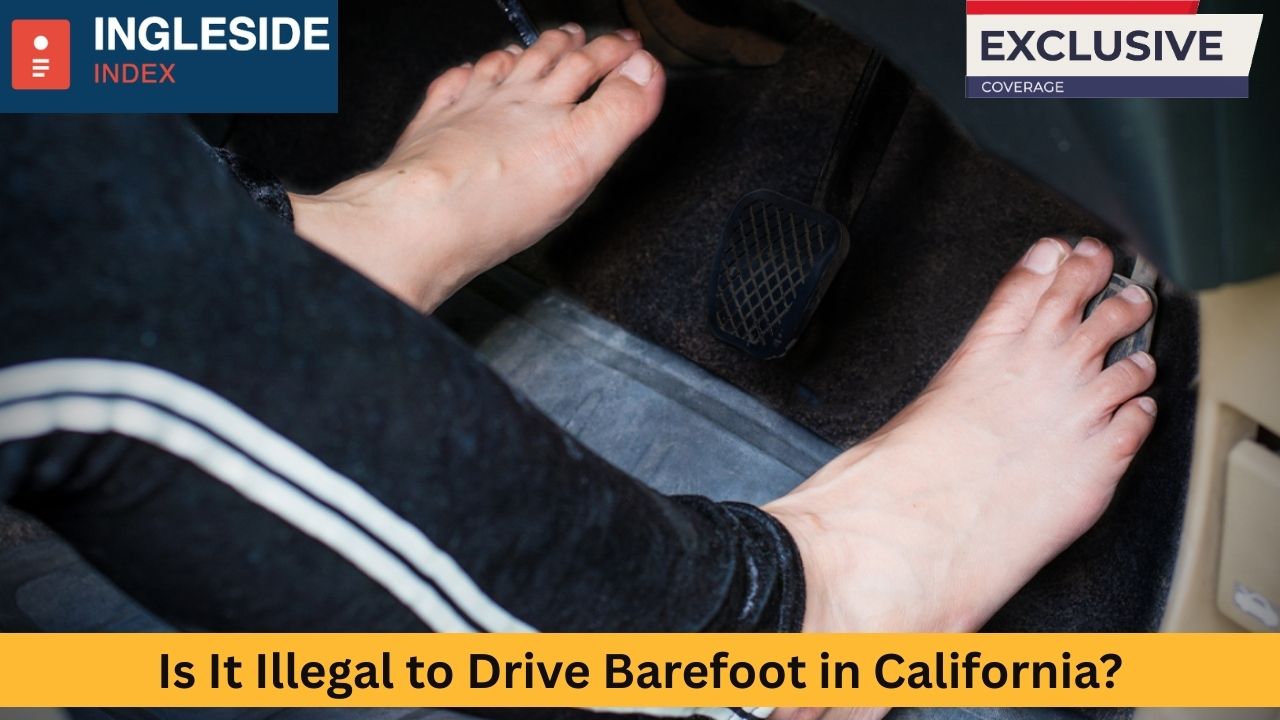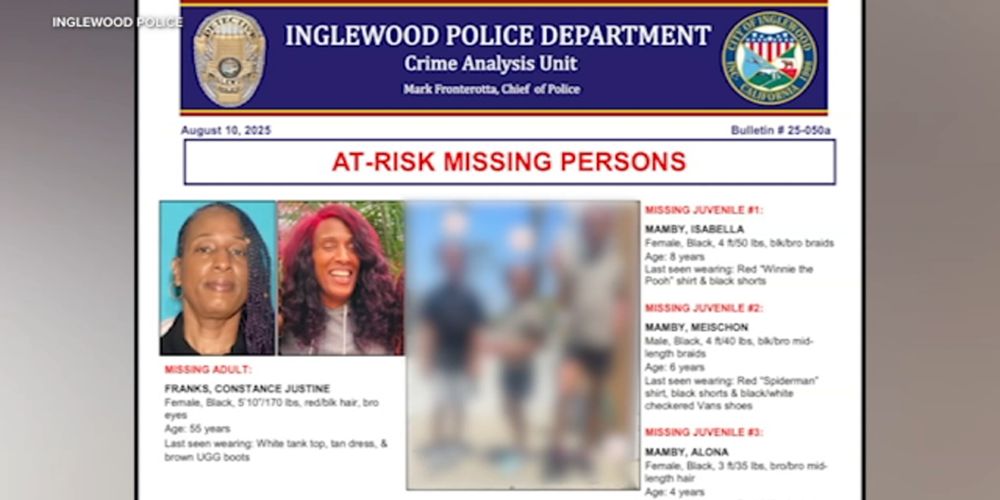It’s a question many drivers have wondered: is it illegal to drive barefoot in California? Between the sunny beaches and laid-back lifestyle, it seems anecdotal that you can hop in your car without shoes—and yet the rumor persists that it’s against the law. In reality, the answer is straightforward: no, there’s no law in California that prohibits driving barefoot. That said, legality isn’t the same as safety, and there are real reasons why footwear—or lack thereof—can matter behind the wheel.
Understanding California Law
What the Vehicle Code Says
A dive into California’s Vehicle Code reveals no statute that requires shoes or bans barefoot driving. Legal experts and law firm publications consistently clarify that both federal and state regulations only require drivers to be in “safe and lawful condition.”
Sources:
Common Myths and Why They Persist
The myth likely stems from a generation-old misunderstanding that somehow driving barefoot is reckless by definition. Possibly fueled by extreme examples—like carrying no footwear at all—it perpetuates. But no official source or government site backs the claim.
Safety Implications of Driving Barefoot
Foot Traction and Pedal Control
Bare feet may offer a certain tactile feel, but they lack the grip and stability of proper footwear. Sudden stops, especially in emergencies, require consistent pedal control that bare feet could compromise, particularly if sweaty or wet.
Risk of Injury or Distraction
Driving barefoot lets you feel the vehicle more directly—but it also exposes your feet to sharper edges, hot pedals, or rogue floor debris. Add the potential distraction of an awkward foot position and you’ve got a recipe for mistakes.
Problematic Footwear in Comparison
Flip-flops and high heels are commonly cited as even more hazardous than bare feet. They can slip forward or get stuck under pedals. Driving barefoot, while not ideal, is statistically safer than dealing with a wandering sandal or balancing in heels.
Liability and Legal Consequences
Barefoot Driving and Reckless Driving Laws
Reckless driving in California (Vehicle Code §23103 VC) targets behavior revealing a willful or wanton disregard for safety. The lack of shoes by itself isn’t reckless. However, if your barefoot status contributed to swerving, delayed braking, or a collision, it could be invoked as part of the case—but only in context.
Impact on Accident Liability and Insurance
California is a comparative negligence state. If barefoot driving is considered a contributing factor to an accident, it may reduce the compensation you can claim—but alone, it won’t trigger ticketing. Insurance companies occasionally cite it as “lack of due care,” especially after accidents.
Practical Tips for Drivers
When Going Barefoot Might Be Okay
-
After beach trips—if you feel more controlled barefoot.
-
During short errands when comfort is a priority.
-
When you’re calm, alert, and fully in control of your driving.
Still, it’s wise to carry a pair of sneakers or sandals just in case you need more traction.
Safer Footwear Alternatives
Choose footwear with flat, rubber soles that firmly stay on your feet—like athletic shoes or secure sandals—while avoiding high heels, clogs, flip-flops, or overly thick work boots.
Tips for Sandal/Flip-flop Wearers
-
Keep them out of pedal range to prevent interference.
-
If you remove them, ensure they’re stowed safely, not underfoot.
-
If your foot slips, pull over to regain control rather than risk distracted driving.
What Other States Say
Nationwide Overview
Every U.S. state allows driving barefoot. There’s no federal mandate requiring footwear while driving. The Zebra confirms that barefoot remains legal in all 50 states, including California, despite recommendations to wear shoes.
Municipal Exceptions and Variations
In some cities, local regulations might technically allow officers to address “failure to exercise due care” if barefoot driving clearly contributed to an unsafe situation. But this is rare and not enforced commonly.
Expert Opinions and Statistics
-
Some U.K.-based road safety studies have shown that 27% of flip-flop wearers admitted their footwear interfered with braking ability.
-
Experts agree: while barefoot might be legal, it’s still a gray area when it comes to sudden braking or precise pedal pressure.
-
California personal injury lawyers remain divided—some say barefoot driving eliminates risks from loose shoes; others say it reduces pedal sensitivity.
Conclusion
-
No, California law does not prohibit driving barefoot.
-
But yes, it can have real safety implications—poor traction, distraction, or pedal mishaps.
-
In events of an accident, barefoot driving may influence fault allocation or insurance outcomes.
-
The smart call? Choose safe, stable footwear, and use barefoot only when conditions are calm, and you’re fully in control.
FAQ Section
Can you be pulled over just for driving barefoot in California?
No. You cannot be pulled over or ticketed solely for being barefoot behind the wheel.
(Source: Vista Criminal Law)
Can barefoot driving result in legal trouble?
Only if your lack of shoes clearly contributed to an accident or reckless driving. Without that context, barefoot alone isn’t punishable.
Is barefoot driving common?
Yes, especially in beach cities like Santa Cruz, San Diego, and Malibu, anecdotal reports suggest it’s fairly normal, particularly after beach visits.
What footwear is a no-go while driving?
Avoid flip-flops, high heels, platforms, Crocs, clogs, or any footwear likely to slip off or block pedals.
What do experts recommend?
Wear secure shoes with good grip, store spares in your vehicle, and drive barefoot only when safe and intentional.











Leave a Comment